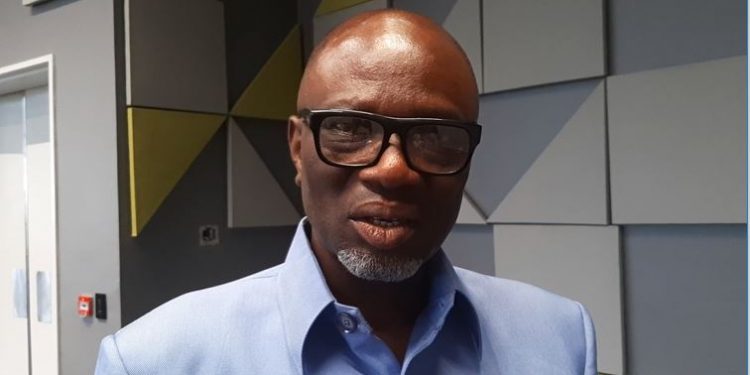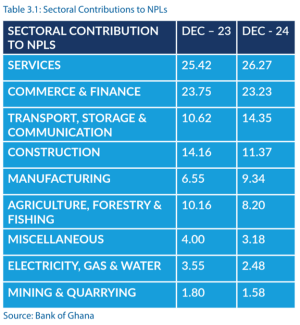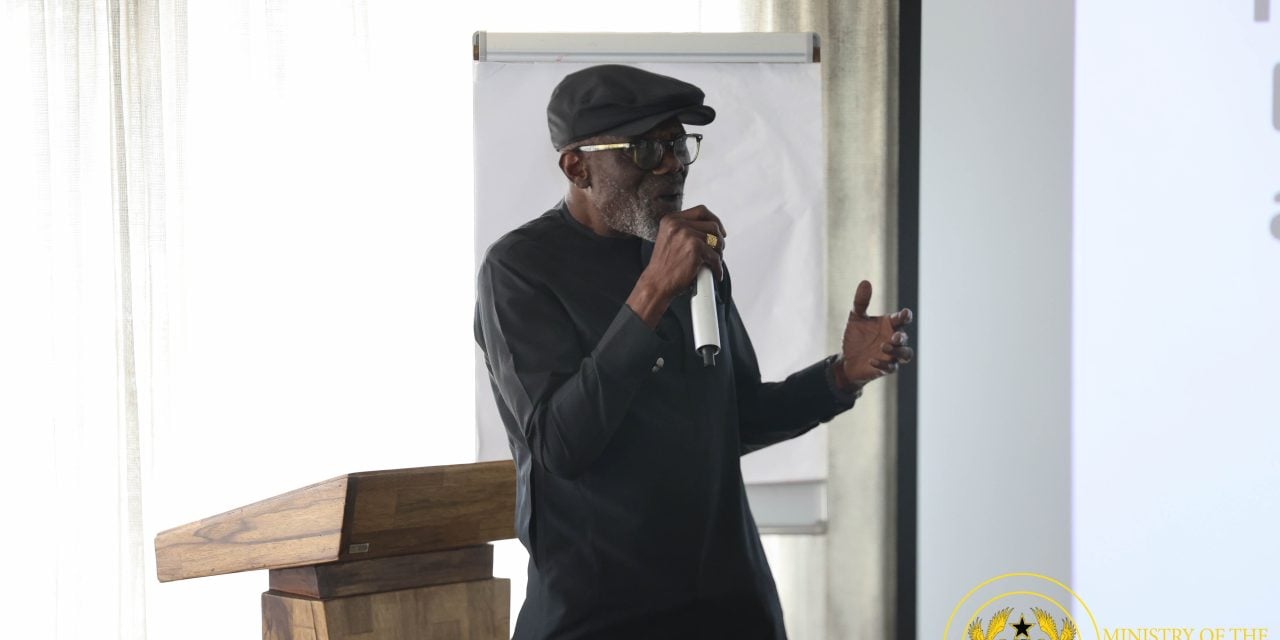
Discussants at a business breakfast meeting in Accra yesterday, called on the government to defer taxes imposed on Small and Medium Enterprises (SMEs) to enable them to develop at their full potential.
They explained that 30 per cent SMEs were forced to collapse in the first two years of its establishment thus the need for a friendly environment for them to operate.
The breakfast meeting on the theme, 'Building a national equity fund to support SMEs' was organised by Graphic Business and Stanbic Bank with support from Joy Business, Labadi Beach Hotel and Joy News.
It was attended by experts from academia, policy think tanks and civil society organisations (CSOs) to fashion out how the country could build an equity fund to address the finance challenges associated with SMEs.
The General Manager Operations of Kina Group, Mr Nuamah Eshun-Famiye, noted that utility charges, cost of finance and other form of subsidies had to be controlled to fine-tune the market.
"SMEs should not pay utility tariffs as Club 100 companies if we want it to survive, operate and fully develop in the market," he said.
Mr Eshun-Fameye called for genuine policies to be implemented by the government to expand SMEs and to attract investors, adding that "owners of SMEs must have easy access to funding and low cost of capital that will merit them to gain profit to develop their business in the country before thinking of going global".
On the importance of SMEs, Mr Edward Gomado, Partner of PriceWaterhouseCoopers (PWC), said SMEs contributed 70 per cent to the nation's Gross Domestic Product (GDP) and provided 80 per cent jobs to the unemployed, hence the need to secure national equity fund to enhance it.
According to him, the ability to access cheap fund for a long term and technical fund to get technical expert to advice and groom owners of SMEs would enable owners to take opportunities of available interventions that would help develop businesses.
"We know that every government has made efforts at resolving this issue of accessing cheaper long-term financing to SMEs in a sustainable way, but the effort lacked inclusiveness that is why we need a lasting approach that entails getting investors to invest in the sector," he stated.
Mr Gomado urged entrepreneurs to take advantage of the Africa Continental Free Trade Agreement (AfCFTA) policy to sell their products in other parts of Africa.
Dr Lord Mensah, Senior lecturer at the Finance Department of the University of Ghana Business School (UGBS), maintained that there were lots of in-house work to be done before the country could embrace the AfCFTA and other Economic Communities of West Africa States (ECOWAS) interventions.
For the country to excel in the sector, he indicated that appropriate measures should be in place to scale up production, funding and pricing to attract investors.
For the national equity fund to be sustained to the benefit of SME owners, Dr Mensah, suggested a partnership fund to prioritise the private sector.
Read Full Story
















Facebook
Twitter
Pinterest
Instagram
Google+
YouTube
LinkedIn
RSS